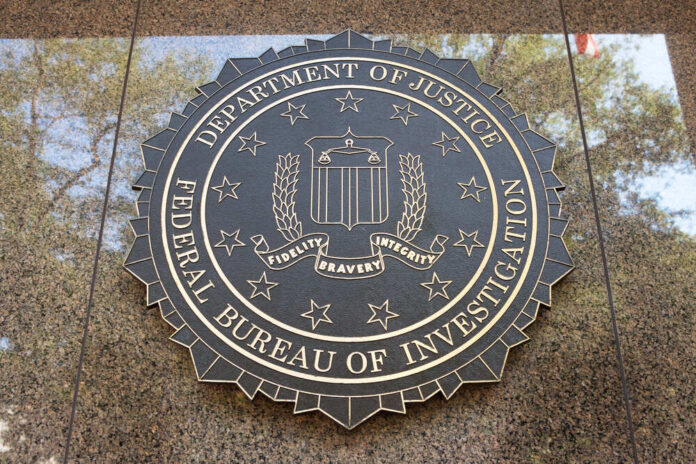
FBI Director Christopher Wray faces increasing pressure from all sides as his agency navigates multiple sensitive investigations with political implications. These investigations include the retention of Trump and Biden’s classified documents, the intelligence community’s involvement in the 2020 election, and Chinese espionage threats. In addition, Wray’s work is being scrutinized in a politicized environment as the 2024 presidential election nears and Congress launches its investigations of the FBI.
Wray’s leadership approach of “keep calm and tackle hard” has been under fire as the agency faces greater scrutiny from the House, which returned to the control of the GOP after last year’s midterm elections. In addition, the criticisms of the FBI have intensified since the unprecedented search by federal agents of President Trump’s Florida home for classified documents.
FBI Director Christopher Wray: "The FBI has long assessed, going all the way back to the summer of 2021, that the origin of the pandemic was likely a lab incident in Wuhan." pic.twitter.com/v4o7EPSC40
— RNC Research (@RNCResearch) March 8, 2023
Wray is facing more than the pressure from multiple investigations. The actions and intentions of the Chinese government are likely to be a primary focus as top U.S. intelligence leaders testify before Congress on global security threats this week.
The FBI Director is among the intelligence leaders who testified, alongside Director of National Intelligence Avril Haines, CIA Director William Burns, National Security Agency Director Gen. Paul Nakasone and Defense Intelligence Agency Director Lt. Gen. Scott Berrier. The hearings will offer a rare opportunity for lawmakers and the public to hear directly from intelligence leaders whose agencies do not provide regular press briefings and whose activities and budgets are partly or mostly classified.
Lawmakers of both parties focused many of their questions on the increasingly tense relationship between the United States and China. In addition, recent intelligence community reports on the likelihood that COVID-19 resulted from a lab accident continue to fuel new questions about the relationship between China and Dr. Anthony Fauci and other top U.S. public health officials.
Haines warned Congress that Chinese President Xi Jinping will likely press Taiwan and attempt to undercut U.S. influence over the next few years. While Beijing has increased public criticism of the U.S., the intelligence community assesses that China still believes it benefits most by preserving stability in its relationship with the U.S.
Wednesday’s testimony also indicated that the intelligence community believes Russia probably does not want a direct military conflict with U.S. and NATO forces. However, there is still a real potential it could occur. Regarding Ukraine, Russian leaders are expected to continue with the grinding attritional war, with neither side having a definitive military advantage. Although Russia’s cyber activity surrounding the war fell short of expectations, it remains a top cyber threat as it refines its espionage, influence, and attack capabilities.














